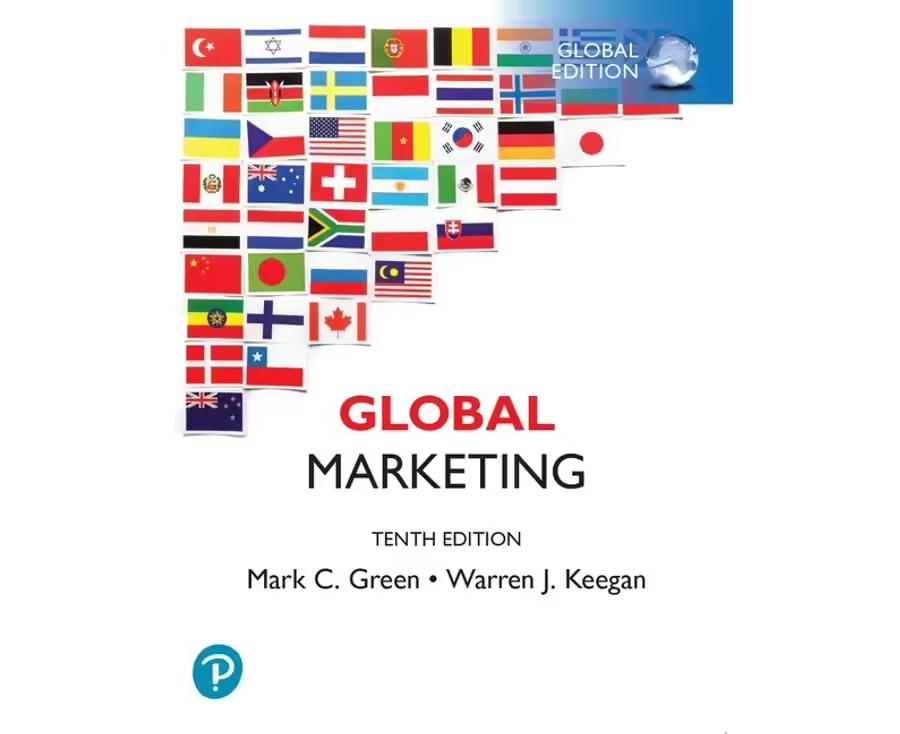One dramatic incident occurred in India, where Uber was banned in the Delhi region after a driver
Question:
One dramatic incident occurred in India, where Uber was banned in the Delhi region after a driver was accused of sexually assaulting a female passenger. Uber issued a statement expressing sympathy for the victim; Kalanick vowed to work more closely with the Indian government to improve procedures for conducting background checks of prospective drivers. Even so, it turned out that company executives had allegedly mishandled some of the victim’s medical records.
From the start, Kalanick seemed to relish locking horns with lawmakers. As he told The Wall Street Journal in 2013, “We don’t have to beg for forgiveness because we are legal. But there’s been so much corruption and so much cronyism in the taxi industry and so much regulatory capture that if you ask permission for something that’s already legal, you’ll never get it. There’s no upside to them.”
By 2017, Uber was valued at $68 billion—but the company’s rapid growth had been accompanied by considerable negative publicity. These included the company’s use of so-called Greyball software that allowed drivers to deny rides to passengers who worked for legal authorities. A number of top executives left the company. In addition, during a taxi strike at New York’s John F. Kennedy airport, the company’s surge pricing kicked in, and unhappy customers launched a #DeleteUber social media firestorm against the ride-sharing pioneer for price gouging.
Perhaps most troubling were allegations of sexism and sexual harassment at the company. These revelations came to light in February 2017 when a software engineer named Susan Fowler published a blog post in which she described the sexual harassment that she had endured at Uber. By the end of 2017, the #MeToo social media campaign by silence breakers had gained considerable momentum and ended the careers of several powerful figures from politics, media, and the entertainment industry.
More broadly, Ms. Fowler’s act of speaking out was just one facet of growing public and government concern over the power of Big Tech companies such as Amazon and Google. Some observers noted that the “fourteen values” that guided the Uber organization—for example, “let builders build,” “always be hustling,” and “principled confrontation”— had created a toxic corporate culture.
To help address these issues at Uber, the company hired Frances Frei, a professor of service management at the Harvard Business School. Her title: Senior Vice President for Leadership and Strategy. Frei was tasked with overhauling Uber’s corporate culture. To do so, she began teaching management skills that she says had been lacking as the company pursued ambitious growth goals. In her view, one of Uber’s problems was that it underinvested in its people.
Another key figure is Chief Brand Officer Bozoma Saint John (see Exhibit 5-16). Hired by Kalanick in the summer of 2017, Saint John had an outstanding track record as a marketer at Pepsi, Beats Audio, and Apple Music. At Uber, she moved quickly to create local advertising tie-ins with the National Football League featuring Uber drivers who are sports fans driving friends to the stadium on game day. A second tie-in, with the National Basketball League, launched nationally. In Saint John’s view, the campaign, dubbed “Rolling with the Champion” and featuring ESPN Sports Center co-anchor Cari Champion, positioned the Uber brand as “the official ride of pop culture.”
Questions
1. Despite the negative publicity surrounding Uber, consumers continue to utilize the company’s services. Is this surprising?
2. Is ride-hailing likely to become a commodity service? If so, how will companies such as Lyft and Uber differentiate themselves in the market?
3. Do you think either Uber or Lyft will emerge as the leading global ride-hailing brand? Or will the sector be characterized by local and regional brands such as China’s Didi or India’s Ola?
Step by Step Answer:






